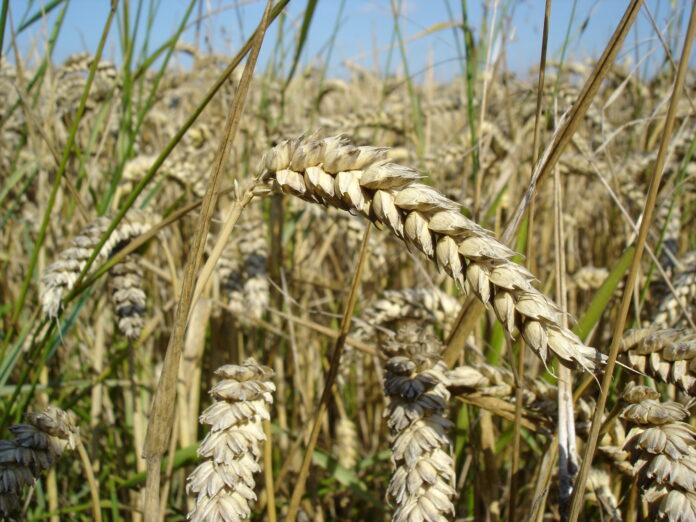ISLAMABAD: Pakistan could be forced to import up to 1.7 million metric tons of wheat in 2025–26, as domestic production is projected to fall sharply due to declining acreage and adverse weather, according to the latest report by the United States Department of Agriculture (USDA).
The USDA has forecast Pakistan’s wheat output at 27.5 million tons for the upcoming season — a 13% drop from the record 31.5 million tons harvested in 2024–25. The reduction is attributed to a 7% contraction in the area under cultivation and persistent dry conditions, which have prevailed since October 2024.
“Rainfall remained below average throughout the growing season, while temperatures were significantly higher than normal,” the report noted, underscoring the compounding effects of climate change and Pakistan’s underdeveloped water infrastructure.
The country has not built any major water reservoirs in decades, and unresolved disputes between Punjab and Sindh over irrigation allocations continue to limit progress on long-term water management. These systemic issues are now intensifying food security concerns, especially as climate patterns grow more erratic.
Adding to the pressure, the federal government’s decision not to procure wheat at a minimum support price has disincentivized farmers from sowing the crop. Many have instead shifted to more profitable or less water-intensive alternatives such as rapeseed, pulses, and vegetables.
The USDA’s warning comes at a time when global wheat markets are already facing tight supplies, potentially raising the import bill and placing further strain on Pakistan’s foreign exchange reserves.




